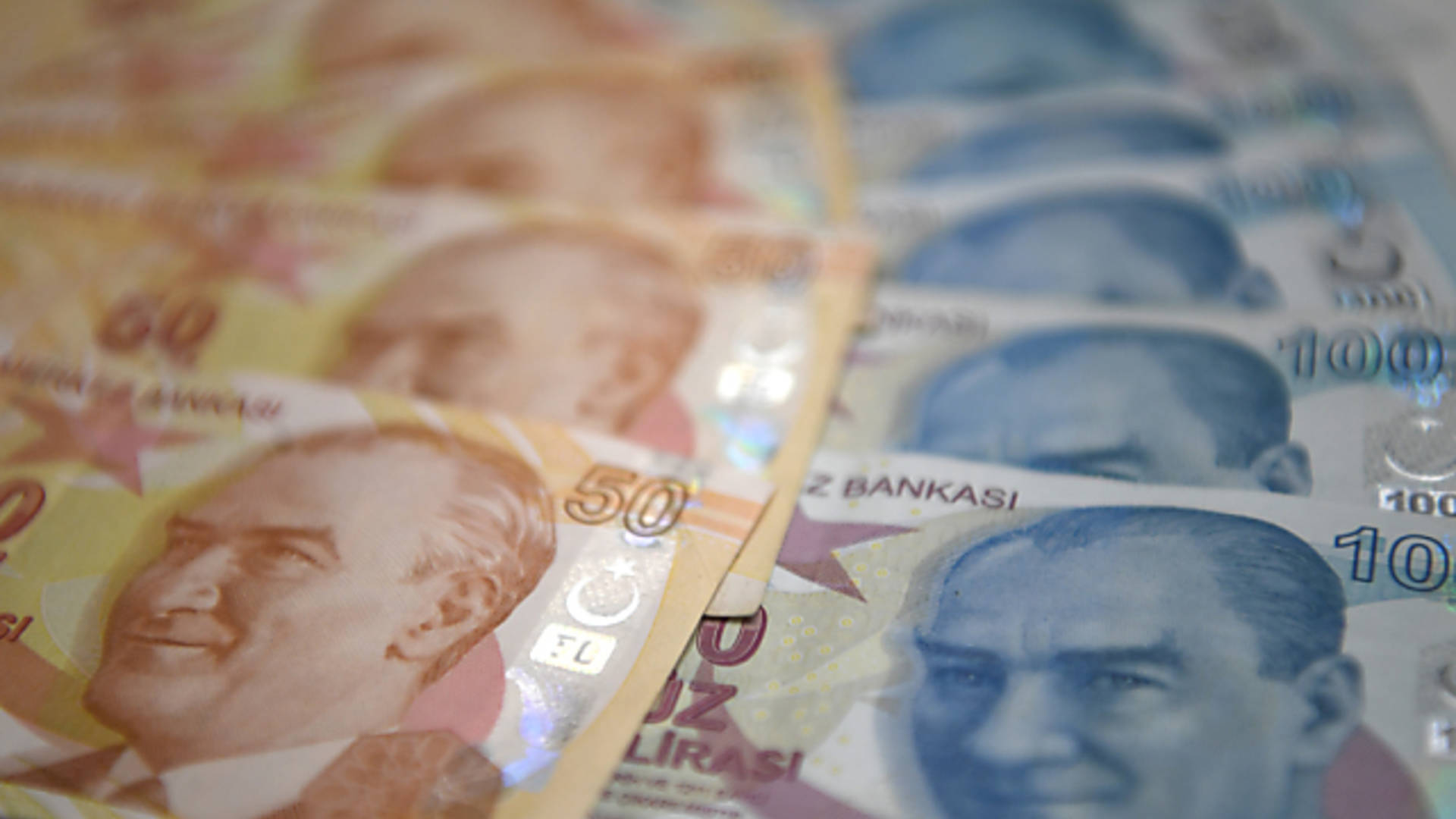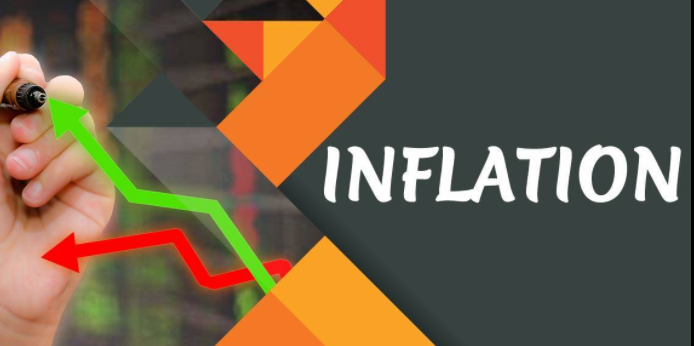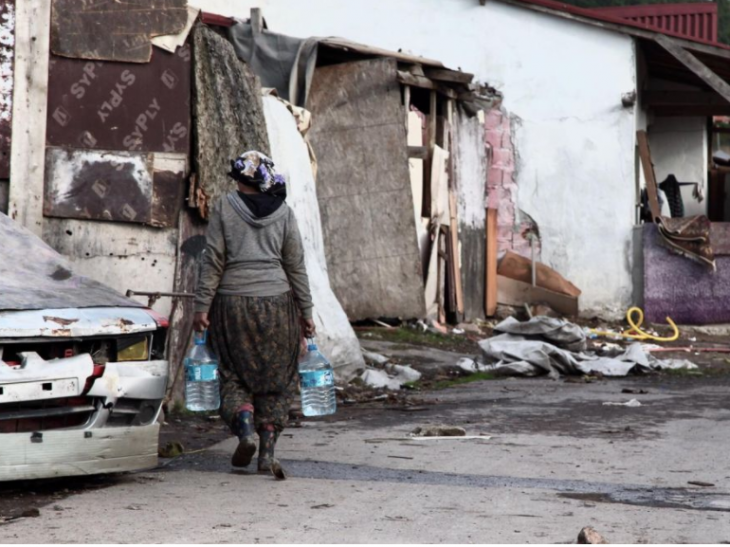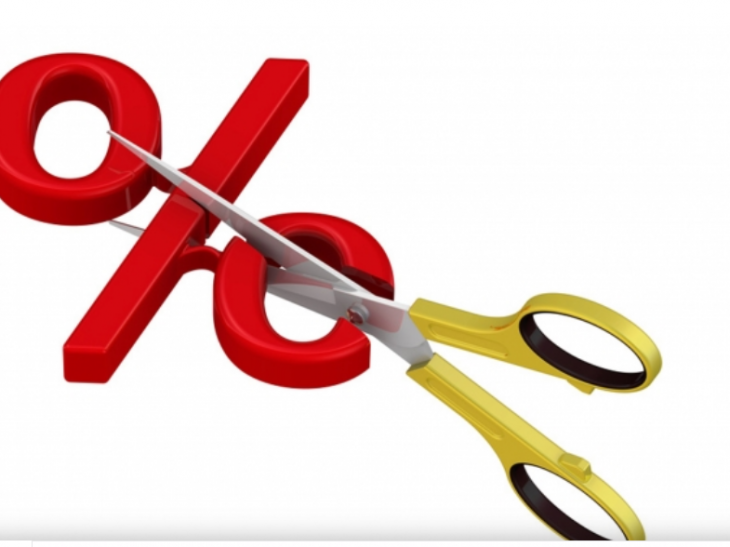Turks rush into the dollar, gold and stocks as inflation savages TL
 Lİra
Lİra
Down a dimly lit alleyway tucked just inside Istanbul’s Grand Bazaar, a few dozen men are packed together, shouting, waving, and frantically speaking on their phones, others nervously pacing.
This “standing market” — a low-rent version of a chaotic stock exchange floor — is where Istanbul’s traders come to deal in precious metals and currencies. These days it’s dollars and gold they’re after. Turkish lira, not so much.
“Right now our money is almost worthless. Since people haven’t seen inflation fall, they don’t trust the Turkish lira anymore,” explained Adnan Kapukaya, a trader and market expert.
Inflation in Turkey remains sky-high — official figures show prices rose 67% last month compared with February 2023, though unofficial estimates suggest the real number is more than 100%. And this despite the Turkish central bank hiking interest rates to an eye-watering 45% in January — up from a low of 8.5% a year ago.
But even at that rate, savers are still losing money to inflation. So, in order to shelter their savings, people are showing up in the gold markets of the Grand Bazaar with whatever they have — modest savings or, sometimes, a suitcase full of cash, says Omer Tozduman, a gold dealer.
“In previous years people were buying real estate or land, but right now, because the interest rates are so high, they either put their money in the bank (to earn high interest) or buy gold,” he said.
Others are piling into stocks, fueling a market boom that is second only to Japan’s this year.
Central Istanbul is dotted with foreign exchange booths and gold sellers — in some areas it seems there’s one on almost every block. Many advertise “no commission” and, if you’ve got dollars in hand, there really is none. Most exchange offices in or around the historic bazaar are offering to buy dollars at exchange rates even better than the current market rate to meet the soaring demand.
Ahmet Basaran Kolay, the owner of an exchange office just outside the gates of the bazaar, says people are only buying lira when they have to. “Let me put it this way: people who buy lira buy it because they need to spend it, but generally people want to buy dollars in order to invest and guarantee their savings.”
That’s if you have savings at all. In a market in the Uskudar neighborhood, on the Asian side of Istanbul, preschool teacher Melek Alkes bursts into laughter when asked which currency she keeps her savings in.
“I can’t keep anything. I can’t save,” she said. Her wages have risen modestly over the past year, but not anywhere near the inflation rate. She’s now looking for another job to try to keep up with her credit card payments. She said her paycheck goes to pay the interest on her credit card, which she then uses to fund her purchases for that month. Her mother and sister, both pensioners, are struggling too.
So is Erhan Yeygul, a smartly dressed amateur soccer player who also has an office job. He says his young family is caught in the credit card trap.
“You can say ‘you are young, you can work,’ but I do work and I still can’t make a living, and I have two jobs,” he said. “With the bonus that I earn from the soccer, I am trying to buy some stuff for my kids, I am trying to fill in the refrigerator.”
Stock market boom
Kerim Rota, an independent economist, suggests that relying on credit cards is unsustainable. “The central bank increased the credit card rates last week, and it is now monthly 5%. (That) means 80% as an annual rate… Nobody can afford that.”
Local elections, highly contested, will be held on March 31. After that, Rota figures, there are some bitter pills to come. The government of Turkish President Recep Tayyip Erdogan doubled the minimum wage to about $525 a month in January compared with the previous year in an effort to help the poorest Turks cope. But Rota thinks that has made inflation worse.
“In order to break that cycle, you have to do something. So we will see after the elections if the government is serious about fighting inflation or not. But it seems there will be no elections in Turkey for the next four years, so it’s a very good time for government to make things better,” he said.





